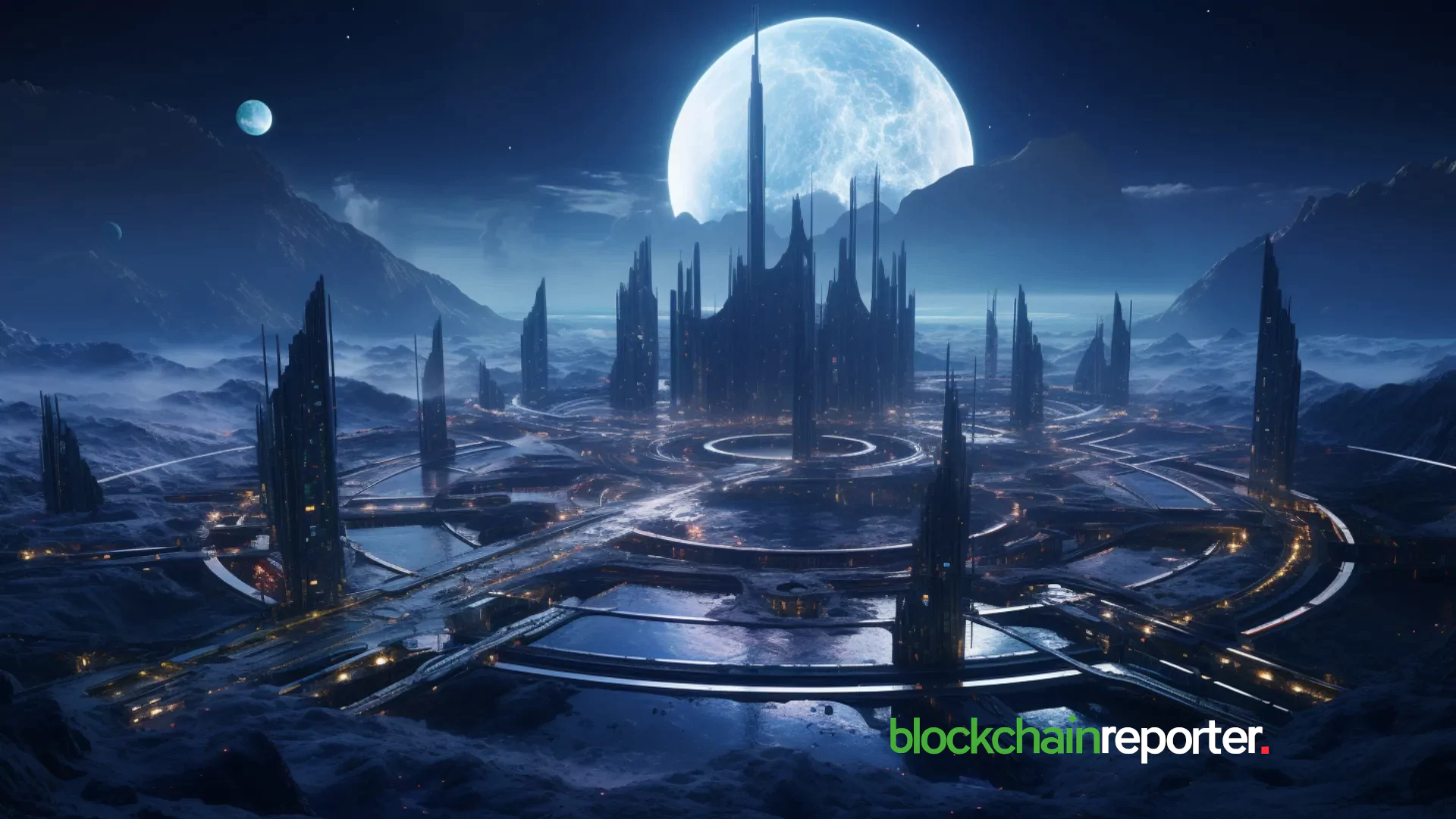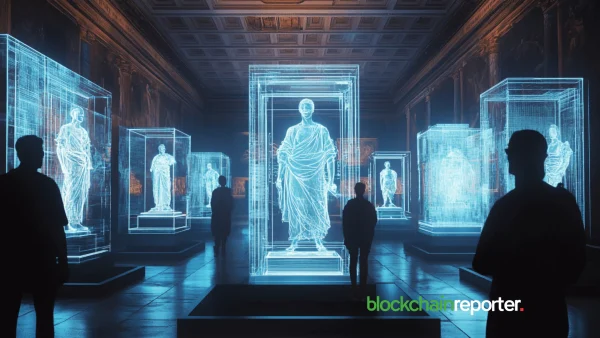
The IOTA Foundation, a non-profit organization behind the IOTA block, has announced that it has joined the Japanese government on an industrial infrastructure project funded by NEDO.
The foundation is partnering in a project initiated by Japan’s premier support companies, Best Materia and IMC, IOTA officials announced on 27 October. The project is funded by the New Energy and Industrial Technology Development Organization, a national research and development agency under the Japanese Ministry of Economy, Trade, and Industry.
What the Project Aims at
Dominik Schiener, President and Co-Founder of IOTA, stated that the project aims to digitize manual processes with artificial intelligence and in-depth training to predict when and which parts of the facility need repair. According to executives, AI and blockchain deployments should reduce downtime, increase availability, and lower costs by reducing unnecessary inspections and repairs.
According to Schiener, IOTA Foundation was selected as a partner for the project’s DLT platform. IOTA may be used to share immutable records, imparting an acceptance as true with infrastructure and a single factor of truth for one-of-a-kind stakeholders, the exec noted. Schiener highlighted that the new system is expected to gain from IOTA’s zero-price transactions on IOTA Tangle.
NEDO has been involved in several blockchain-related developments in recent years. In 2018, it announced that it was working on a blockchain-based data exchange system for retail. The Japanese IT giant NTT Data is also jointly involved in the project.
Capabilities of the Cloud-based SaaS Software
The project is developing a cloud-based SaaS software laced with unique capabilities.
By building RBM with IOTA’s help, supporting companies can provide solutions for infrastructure partners that are resilient to cyber-attacks while protecting sensitive data.
Existing fisheries management systems rely on the knowledge of skilled technicians for humans, making standardization difficult. With Japan’s aging population, there is a serious risk of losing information when current employees retire. By creating an artificial intelligence system, information can be captured, shared, and influenced by teams distributed worldwide.
Currently, factory data in Japan is stored manually and not digitally. It can cause a lot of problems in terms of data integrity and sharing capabilities. By digitizing data infrastructure, maintenance companies can make it easier for supply chain partners to collaborate and share data safely and efficiently.
Basic Project Statistics
For data digitization, the labor cost for qualified factory technicians will take 20 to 30 million yen. The cost of service personnel in distributed databases and AI is 30 million yen per year.
A data entry contract’s initial cost for a business is 30-50 million yen, 0.9-1.5 trillion yen. Additionally, the initial subcontracted data entry fee per company is 30 to 50 million yen. If AI advanced in this research and development, the costs would be less than half.








